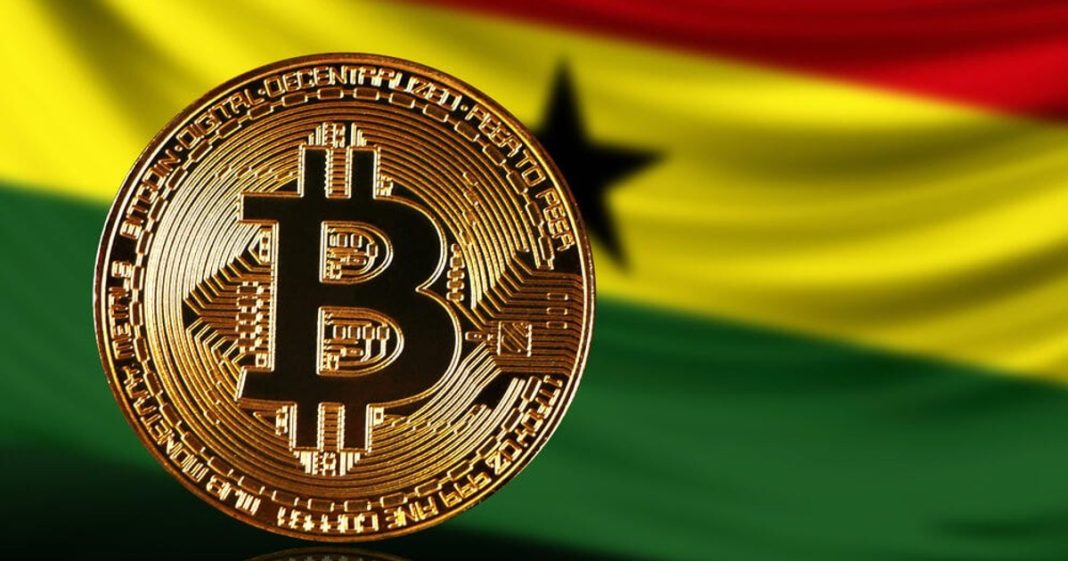This cryptocurrency initiative, led by Ghana’s central bank is expected to provide clarity and stability to the industry, ensuring consumer protection while fostering innovation.
The announcement was made by Bank of Ghana (BoG) Governor, Dr. Johnson Asiama, during the African Leaders and Partners Forum, hosted by the EBII Group on the sidelines of the IMF/World Bank Spring Meetings in Washington, D.C.
Dr. Asiama explained that the move is contingent on the passage of the Virtual Asset Providers Act, which will grant the Bank of Ghana the authority to license and regulate platforms and participants in the virtual asset space.
The central bank’s decision aligns with a growing trend across Africa to establish clear frameworks for cryptocurrency operations.
“To strengthen the regulation of these platforms and assets, the Bank of Ghana is setting up a dedicated unit focused on digital assets,” Dr. Asiama revealed.
Ghana’s journey to crypto regulation
In the past, the Bank of Ghana (BoG) issued several public notices clarifying that digital assets are neither recognized as legal tender nor regulated under Ghanaian law.
This stance reflected the central bank’s cautious approach, highlighting the risks associated with unregulated digital currencies, such as fraud, money laundering, and consumer protection concerns.
Similarly, the Securities and Exchange Commission (SEC) of Ghana maintained a conservative view on digital assets, issuing warnings about the use of cryptocurrencies and clarifying that it does not regulate cryptocurrency offerings or the platforms and exchanges associated with them.
With this new update, Ghana joins the ranks of Nigeria, South Africa, Kenya, and other African nations that have issued directives on the use, purchase, and transaction of cryptocurrencies.
Ghana’s interest in cryptocurrency regulation began in 2021, when the Bank of Ghana first signaled its intentions to address the growing digital asset market.
The central bank’s initial focus was on ensuring consumer protection and financial stability, particularly as the popularity of cryptocurrencies like Bitcoin and Ethereum soared.
Ghana’s regulatory efforts gained momentum in 2023, when the country introduced a comprehensive framework aimed at overseeing the trading and use of digital assets, aligning with global efforts to establish clearer guidelines for cryptocurrency operations.
Dr. Asiama highlighted that central banks across the continent are embracing significant reforms to boost transparency, independence, and credibility.
He further stressed the importance of building a more resilient financial system and enhancing risk management strategies to attract productive capital flows and mitigate potential vulnerabilities.
